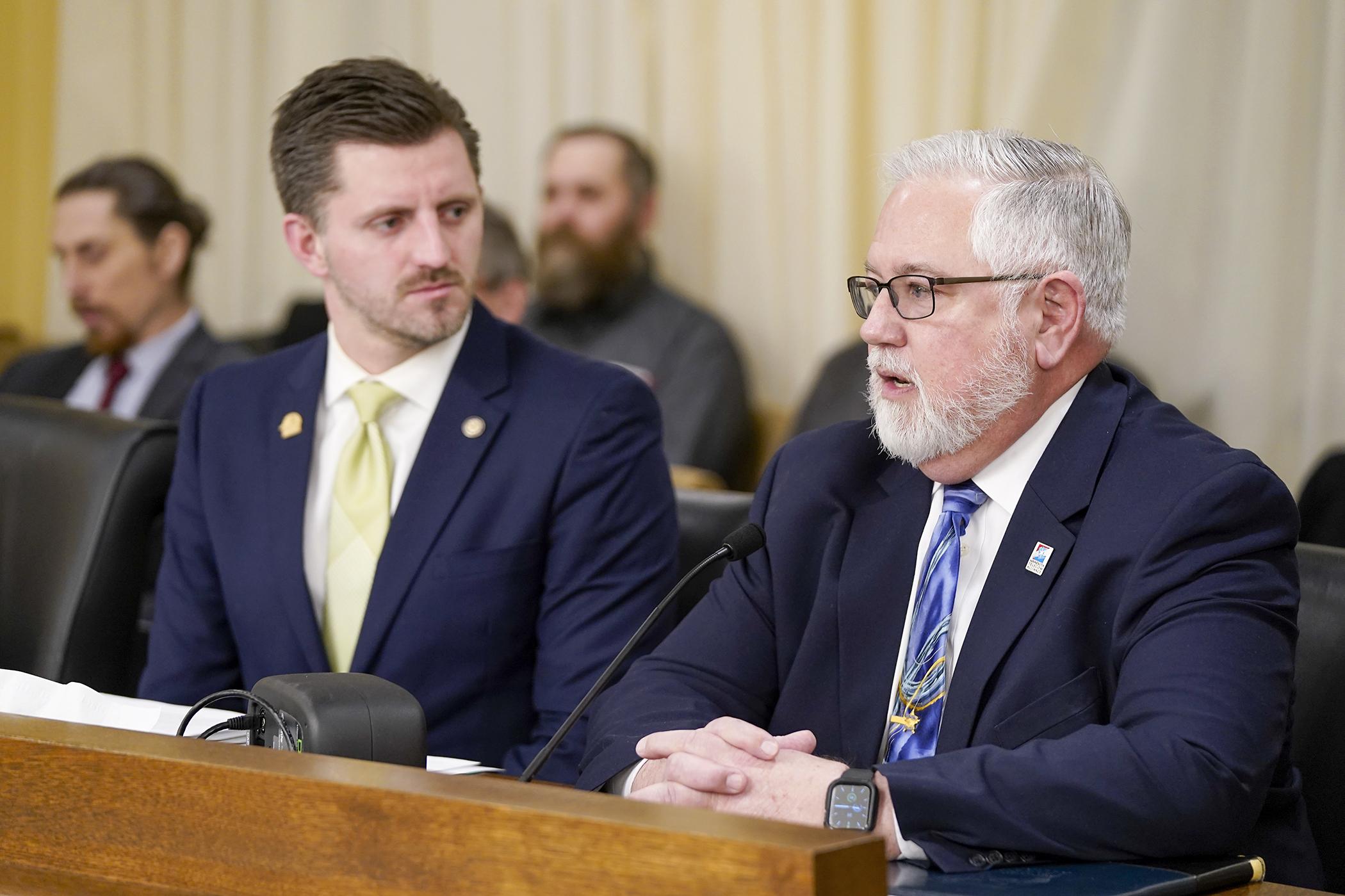Critics warn of safety compromises as broadband bill advances

Depending on your perspective, a bill approved Thursday would either remove unnecessary roadblocks to expanding broadband across the state or water down standards that ensure people digging around gas lines know what they are doing.
On Thursday, the House Workforce, Labor, and Economic Development Finance and Policy Committee approved HF47 along party lines and sent it to the House Agriculture Finance and Policy Committee.
The bill would, in part, remove a requirement that at least two safety-qualified installers be present when infrastructure is being installed by directional drilling and it would reduce the length of training required to become certified as a safety-qualified underground telecommunications installer from 40 hours to 10 hours.
Rep. Isaac Schultz (R-Elmdale Township) said the training requirement is among several passed last year that potentially boxes the state into a corner as it deploys $652 million from the federal government for broadband infrastructure.
“Our state will simply not have the labor force to complete projects,” said Schultz, the bill sponsor.
His proposal would also push back a July 1, 2025, deadline for metro-area installers so it aligns with the rest of the state’s 2026 deadline.
Executive director of the Minnesota Cable Communications Association, Melissa Wolf said 40 hours is an arbitrary length of time, well above what is necessary to safely carry out the work. The requirement will take thousands of workers off the job for a week and the current training timeline is impossible to follow, especially a hands-on training requirement that can’t practicably take place until the ground thaws.
Bill opponents say current law helps protect Minnesotans from fly-by-night subcontractors that produce substandard work.
Keven Maxa, an engineering supervisor at Austin Utilities, wrote that they’ve had “horrible experiences” with telecom installation contractors over the years, resulting in increased damage to the city’s gas lines.
A 2024 law sets a standard for broadband contractors, added Rep. Kaela Berg (DFL-Burnsville). “(It) was for safety, not just for workers, but of the community.”
Berg, who is a flight attendant, said no one complained that the Delta crew who evacuated passengers from a fiery wreck at the Toronto airport earlier this week had too much training.
Related Articles
Search Session Daily
Advanced Search OptionsPriority Dailies
Speaker Emerita Melissa Hortman, husband killed in attack
By HPIS Staff House Speaker Emerita Melissa Hortman (DFL-Brooklyn Park) and her husband, Mark, were fatally shot in their home early Saturday morning.
Gov. Tim Walz announced the news dur...
House Speaker Emerita Melissa Hortman (DFL-Brooklyn Park) and her husband, Mark, were fatally shot in their home early Saturday morning.
Gov. Tim Walz announced the news dur...
Lawmakers deliver budget bills to governor's desk in one-day special session
By Mike Cook About that talk of needing all 21 hours left in a legislative day to complete a special session?
House members were more than up to the challenge Monday. Beginning at 10 a.m...
About that talk of needing all 21 hours left in a legislative day to complete a special session?
House members were more than up to the challenge Monday. Beginning at 10 a.m...